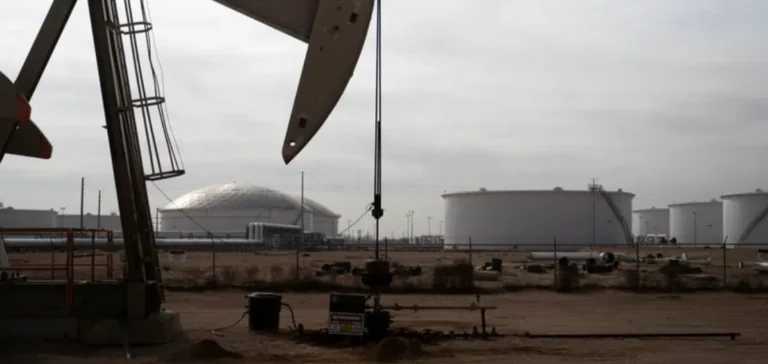Oil prices rose slightly on Wednesday, supported by a larger-than-expected decline in US crude inventories and cautious optimism surrounding peace talks in Ukraine. Brent crude traded at $65.92 per barrel, up 0.48% from the previous close, while West Texas Intermediate (WTI) stood at $62.27, gaining 0.51%.
The American Petroleum Institute (API) reported a weekly draw of 2.4 million barrels in US crude stocks, well above analyst forecasts of a 1.2 million-barrel decline. This decrease indicates stronger demand, although official data from the Energy Information Administration (EIA) is expected later in the day.
Diplomatic progress in the Russia-Ukraine conflict
At the same time, diplomatic efforts to resolve the conflict between Russia and Ukraine continued to influence oil markets. European Council President Antonio Costa confirmed during a virtual meeting the close cooperation between the European Union and the United States to secure Ukraine. In a message posted on the social media platform X, he stressed the need for a joint commitment to lasting peace.
Costa also reaffirmed the unanimous support of European Union member states for Ukraine, highlighting ongoing pressure on Russia, facilitation of prisoner exchanges, and the return of displaced children. He emphasized that stability and prosperity through potential EU membership remain long-term objectives for Ukraine.
US involvement and a possible trilateral dynamic
US President Donald Trump hosted Ukrainian President Volodymyr Zelenskyy and several European leaders at the White House to discuss security guarantees and future diplomatic steps. Trump announced preparations for a meeting between Russian President Vladimir Putin and Zelenskyy, to be followed by a trilateral summit of the three leaders.
Following this meeting, German Chancellor Friedrich Merz stated that direct talks between the Ukrainian and Russian presidents could take place within two weeks. Should negotiations advance, markets anticipate a possible partial lifting of sanctions on Russian oil, which could shift the global supply balance.
New tariff pressure between Washington and New Delhi
Meanwhile, trade tensions between the United States and India have escalated. On August 6, the Trump administration imposed a 25% tariff on certain Indian imports in response to New Delhi’s continued purchases of Russian crude. The measure, set to take effect on August 27, could raise total tariffs to 50% on several products.
Market analysts note that Indian refiners are likely to maintain Russian crude imports as long as they remain economically advantageous. Talks scheduled for the end of the month between Washington and New Delhi will be critical in shaping oil flows amid ongoing geopolitical volatility.
US monetary policy: expectations around Jackson Hole
Markets are also watching closely for signals on US interest rates. Federal Reserve Chair Jerome Powell is set to speak on August 22 at the Jackson Hole Economic Policy Symposium. Any indication of potential rate cuts could affect energy demand, as monetary conditions remain a key factor for oil consumption forecasts.






















